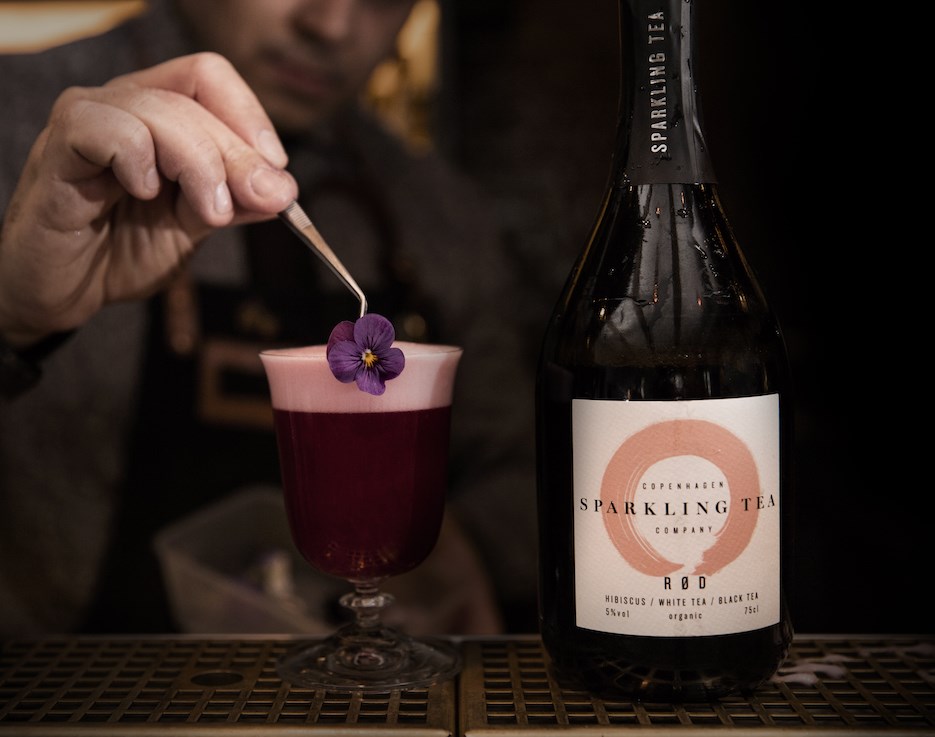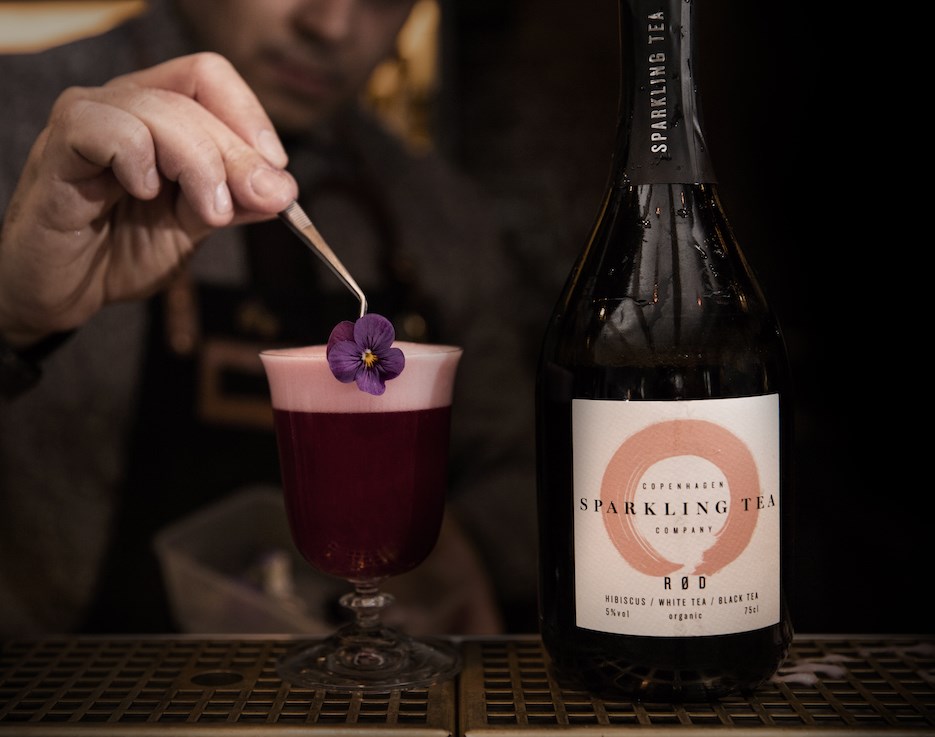[:en]The autumn of mixing tells us about tea. [:]

[:en]Forget ice, fresh syrups and exotic fruit: autumn has entered its full power. Don't be sad: summer will return, and in any case losing heart when it comes to mixology is absolutely senseless. There are so many trends, ingredients and combinations to try that even the cold seasons - among the least frequented by nightlife lovers - have a world for you to discover, and we are not just talking about the classic hot cocktails that we all know.
For some time now, and especially this year, a (good) specter has been haunting cocktail bars: it is the specter of tea. The second most consumed drink in the world has a lot to say in terms of mixing, and all those bartenders who have started studying it, to try to grasp all its potential, know this well.
The versatility of this drink, available in an infinite number of blends and selections, opens the doors to an innumerable series of combinations, starting from the best-known varieties such as white tea, which is well suited to fruit-based preparations, or green tea, with a strong character, which mixes perfectly with liqueurs and spirits.
Of course, tea is a world and must be approached as such: the preparation must be perfect, the quantity studied down to the milliliter, the combinations tried and tested again, because the possibility of making a mistake is always very high.
As reported by the excellent Fine Dining Lovers, always attentive to cooking and mixology trends, a fine example of mixing with tea comes from The Spirit of Milan, an old acquaintance of MT Magazine with his barmanager Carlo Simbula.
Here is a drink that is part of The Spirit of Van Gogh menu, which reinterprets the Dutch artist's paintings in a liquid key.

Fine Dining Lovers says: a drink suitable for the aperitif moment, it takes up what is a great champagne-based classic, such as the French 75. Among the ingredients, lemon juice, cherry heering, sabatini gin and sparkling tea rod, which goes well with the fruit notes of the drink. Furthermore, it gives further complexity and does not excessively affect the alcohol content of the drink. [:]
